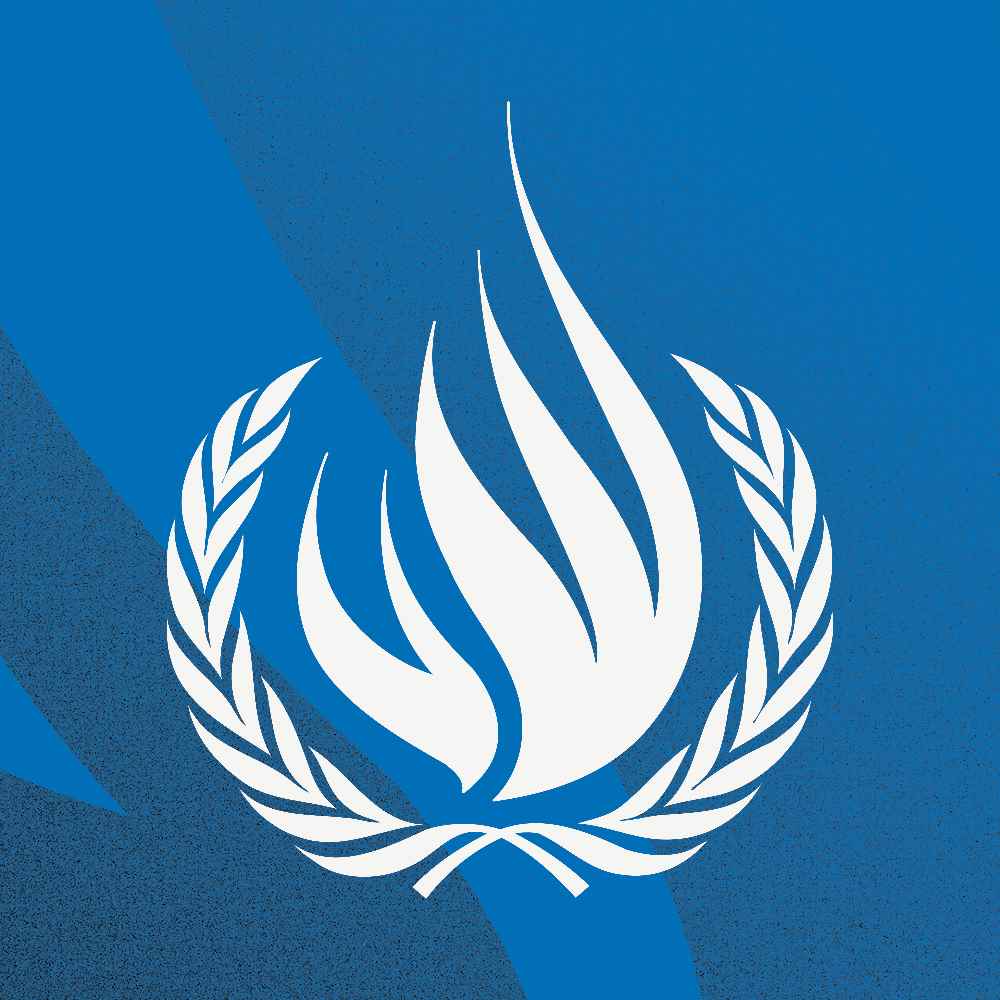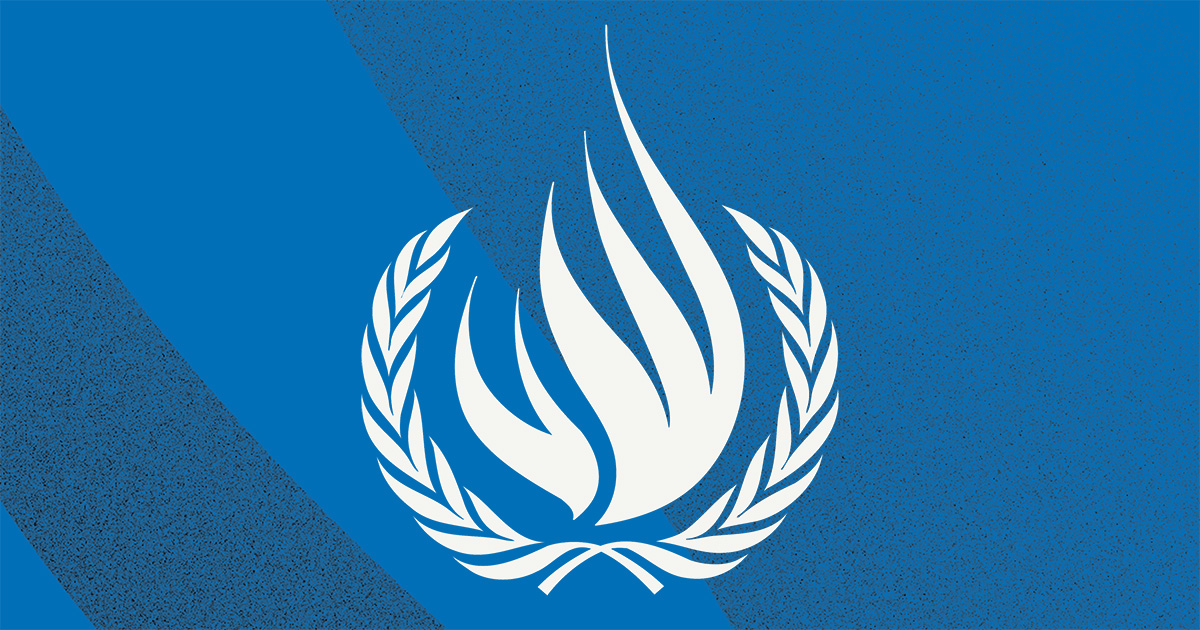
The Committee against Torture this morning opened its seventy-third session, which is being held in Geneva until 13 May, during which it will review efforts by Cuba, Iceland, Iraq, Kenya, Montenegro and Uruguay to implement the provisions of the Convention against Torture and Other Cruel Inhuman or Degrading Treatment or Punishment. The Committee heard three newly elected members make a solemn declaration, elected its new bureau, with Claude Heller as Chair, and adopted the session’s agenda.
Antti Korkeakivi, Chief of the Anti-Torture, Capacity-Building, Coordination and Funds Section of the Human Rights Treaties Branch at the Office of the High Commissioner for Human Rights, opened the session, congratulating the new members who had been elected to the Committee. Mr. Korkeakivi said that the new members were joining a Committee that played a critical role in combatting torture worldwide, a human rights imperative that, as several recent events had demonstrated, was timely as ever. He said that despite COVID-19 and other complicating factors, the Committee and its members had shown determination and commitment to deliver their mandate.
Mr. Korkeakivi said that the Committee played a key role in the treaty body system, a system that, while achieving concrete improvements around the world, also faced a range of challenges, including limited resources. Ongoing efforts to strengthen human rights treaty bodies remained essential. In this regard, he welcomed the commitment of the treaty bodies to a predictable timetable for the consideration of country reports, the harmonisation of their working methods and the digitisation of their functioning.
In addition to being an important member of the treaty body system, Mr. Korkeakivi continued, the Committee was a catalyst for cooperation across various United Nations anti-torture mechanisms. This was demonstrated last month when the Chairperson of the Committee met with the Special Rapporteur, the Chairperson of the Subcommittee on the Prevention of Torture and the Board of Trustees of the Trust Fund for Victims of Torture. The Committee would engage with the Subcommittee on the Prevention of Torture during the session.
In parallel with these efforts, Mr. Korkeakivi noted, the Office of the High Commissioner for Human Rights continued to engage with several initiatives related to combatting torture and the work of related mechanisms. For example, an expert-led process was underway to update the Istanbul Protocol, the guidelines for the assessment and investigation of allegations of torture and ill-treatment, which was expected to be completed next June. The Committee regularly referred to the Istanbul Protocol and its standards to guide States parties on matters related to torture, and so efforts to update the Protocol were critical.
Mr. Korkeakivi concluded by expressing his appreciation for the outgoing Bureau and other members of the Committee for their cooperation with the Secretariat during the transition period.
Three newly elected Committee members, Todd Buchwald (United States), Naoko Maeda (Japan), and Abderrazak Rouwane (Morocco) made their solemn declaration before the Committee.
The Committee then elected the new Bureau. Claude Heller (Mexico) was elected as Chairperson of the Committee for the next two years. Ana Racu (Moldova), Sébastien Touze (France), and Bakhtiyar Tuzmukhamedov (Russian Federation) were elected as Vice Chairpersons, and Erdogan Iscan (Turkey) was elected as the Committee Rapporteur.
Mr. Heller thanked the Committee for the trust they had placed in him. He welcomed the newly elected members, saying that their wealth of experience would enrich the work of the Committee. He also welcomed the re-elected members. The Committee was meeting in difficult circumstances, in the context of the war in Ukraine. The war in Ukraine called into question multilateralism and the very essence of the principles of the Charter of the United Nations. The Security Council had been powerless to maintain international peace and security, while the General Assembly had suspended a Member State of the Human Rights Council for the second time in the Council"s history. Serious violations of human rights and international humanitarian law had been committed, including cases of torture and ill-treatment, and these would be investigated to hold those responsible to account.
Mr. Heller stressed that the Committee was not a political body. It was responsible for overseeing 173 States parties’ fulfilment of the Convention, and Committee Experts served in a personal capacity and not as representatives of their home States. He was sure that the Committee would fulfil its mandate dutifully and with honour. Mr. Heller thanked States, national human rights institutes, and the Secretariat of the Committee for their cooperation and support.
Mr. Heller said that during the session, the Committee would review the reports of Cuba, Iceland, Iraq, Kenya, Montenegro and Uruguay. It would also consider nine lists of issues prior to reporting from Benin, Democratic Republic of the Congo, Germany, Greece, Mexico, Poland, South Africa, Togo and United Kingdom. The Committee would also consider individual communications, and report on follow-up to concluding observations. The Subcommittee on the Prevention of Torture would also submit its annual report.
The Committee adopted its provisional agenda for the session.
Summaries of the public meetings of the Committee can be found here, while webcasts of the public meetings can be found here. The programme of work of the Committee’s seventy-third session and other documents related to the session can be found here.
The Committee will next meet in public on Wednesday, 20 April, at 10 a.m. to consider the fourth periodic report of Iceland (CAT/C/ISL/4).
Produced by the United Nations Information Service in Geneva for use of the information media;
not an official record. English and French versions of our releases are different as they are the product of two separate coverage teams that work independently.







